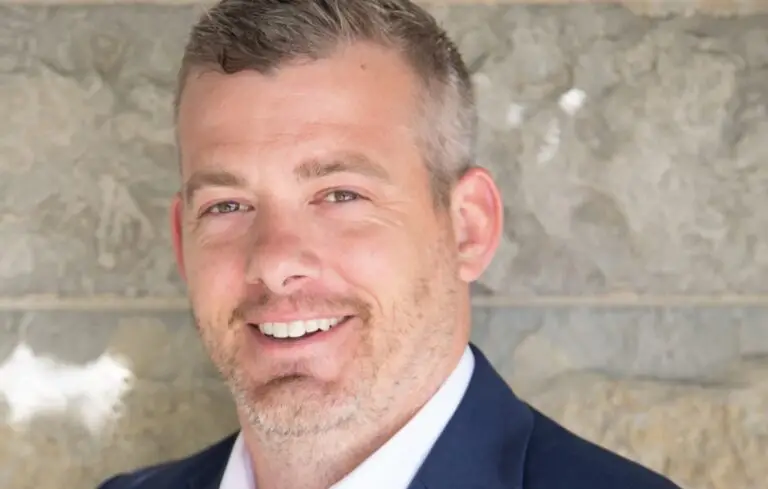Great executive teams never succeed by accident. It takes hard work, commitment, and patience to evolve from a collection of individual executives to a truly great team. This article describes a pragmatic and fluid approach for working with leadership teams to strengthen the capacity of the team along with each individual to build a great leadership team. The approach is developmental rather than training-focused and enables individuals and teams to learn, practice, and build both individual and collective leadership capacity over an extended period. The uniqueness of the approach is that it focuses on two distinct but interconnected components: (1) The team as a system has characteristics that transcend those of any of the individual members; and (2) The individual team members play a significant role in how the team works together to achieve a common outcome.
There is no perfect time to start building a great leadership team. However, there are a few triggers that many teams use to initiate this important work, including the appointment of a new CEO, departure of old team members and addition of new ones, and dysfunction getting in the way of results. The ideal starting point is when a new team is being launched—a new CEO or new team members—as this provides an opportunity to build a strong foundation and avoid mistakes that may decelerate progress. Most teams, however, focus on building or rebuilding leadership teams when significant dysfunction emerges; not achieving goals, team members working at cross purposes, CEO involved in too many issues, etc. Regardless of when, CEOs and their leadership teams should consider the following stages as a guide for building a great leadership team: 1. Prepare 2. Launch 3. Commit.
Prepare
As mentioned many of my other articles, building a great leadership team requires much more than gathering the CEO’s direct reports and expecting them to function as a team. CEOs are responsible for establishing the conditions that enable their teams to be as effective as possible. This starts with building a strong structural foundation. They must select leaders who either possess or have the potential to develop the four characteristics of great leadership team members: foresight, greater good focus, management of complexity, and modeling values. They must also shape an initial purpose for the team so that each member has a strong sense of what issues they will be addressing together. CEOs also have to establish a management cadence that supports the team’s current context.
In addition to these important responsibilities, CEOs should also step back and determine if they have the disposition and skills required to build a great team or if they could benefit from additional support. CEOs are critical members of their teams, and some find it difficult to remain objective given their active involvement in the team’s work. Others recognize that they might not have the coaching and team process skills necessary to build a great team. Some CEOs possess these important coaching skills and are comfortable wearing two hats so they can actively participate while maintaining objectivity. Most CEOs, however, don’t meet these requirements and often seek the counsel of an experienced executive team coach.
Securing an executive team coach is an important but challenging decision. All coaches are not created equal; some are focused on helping individual executives to develop leadership skills and address blind spots, while others concentrate on building great teams. Both are useful resources but, when building a great leadership team, coaches should work primarily on behalf of the leadership team and possess a few important skills. First, coaches must have executive-level experience with a mindset of ‘I understand your challenges’ rather than ‘do it this way.’ They must serve as non-biased parties with no agenda or prescriptive technical business solutions. Next, they must understand strategy and team design and dynamics, and have experience deploying an approach to building effective leadership teams. Perhaps most important, executive team coaches must have the ability to objectively help team members get to the heart of a leadership team’s challenges in a direct and empathetic manner.
Launch
Launching a leadership team is primarily about gaining agreement on important strategic, operational, and behavioral expectations. An essential first step in the launch process is for the CEO to have one-on-one discussions with each team member. These discussions should emphasize the mindset shift required to serve on a leadership team and the new cross-organizational leadership roles each member will be expected to play. Each member should also have an opportunity to share their expectations of the team, as well as the areas they believe they need to work on to become effective team members. The next step in the launch process involves work sessions where team members help the CEO further shape the team’s purpose, develop team operating principles, and a cadence for progressing and monitoring priority strategic and tactical issues. During these sessions, team members begin to build trust by getting to know each other at a deeper level so they can begin to understand each other’s journeys, motivations, aspirations and fears.
The most important part of the launch stage is gaining agreement on what a great leadership team will look like for the organization they serve. Existing teams should assess how well they are performing against this ideal vision which will serve as a baseline for measuring progress. It will also help to pinpoint any structural or relational actions necessary to strengthen the team’s effectiveness. The team will be encouraged to go beyond the assumptions that individuals often make and discuss and debate to gain clarity at the level of actions and behaviors. Being aligned doesn’t mean that the team needs to agree on everything, but it does mean that it needs to be in sync on the vision and strategy, and that team members cannot work at cross-purposes to execute.
Commit
Commitment requires diligence, which is a careful and persistent effort that drives performance and learning. When a leadership team is diligent, they come to agreement on the processes necessary for effective team learning. The commit stage is where the hard work begins as this is where the team puts into practice the individual and collective actions identified in the launch stage. The important cycle of executing, receiving feedback, learning and executing again is essential for helping the team maintain alignment. Challenges and disagreements will naturally emerge, and the team’s ability to use these instances to build trust rather than resort to old habits of passive aggressiveness or lobbying the CEO will be tested. It won’t be perfect but those leadership teams that work diligently to live up to their commitments and hold each other accountable are much more likely to move towards the picture of a great team they painted to get launched.
Don’t wait—get started now on the important work of building a strong foundation for your leadership team to thrive.







